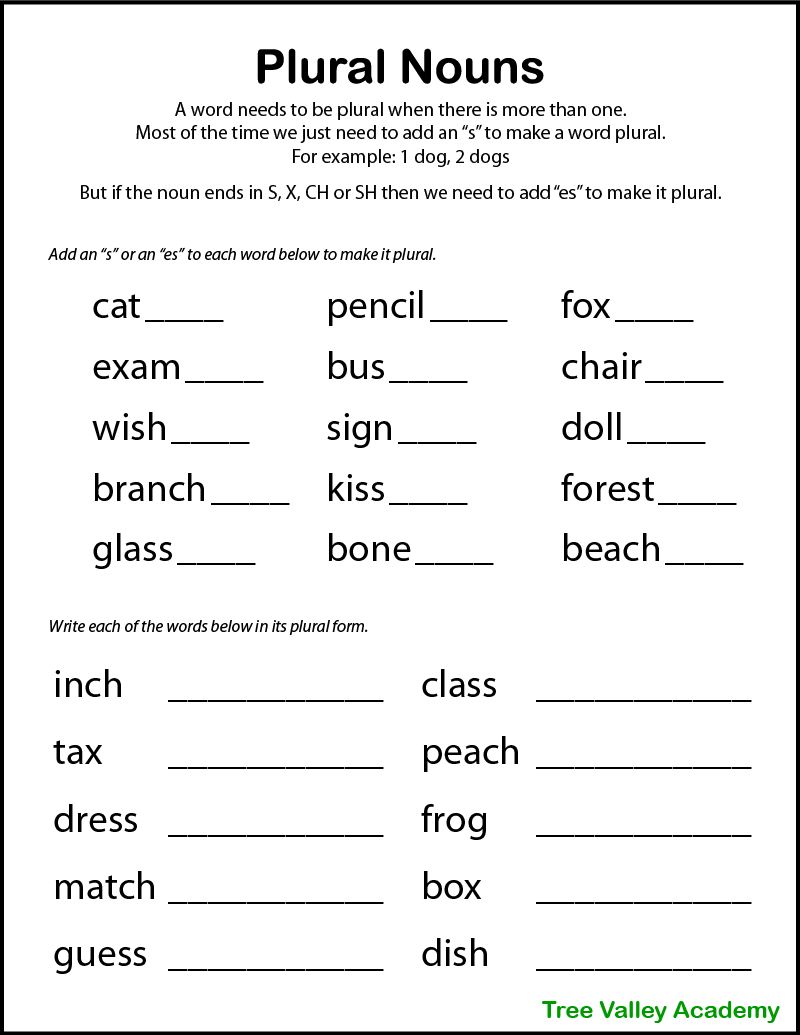Language can be a tricky thing, especially when it comes to singular and plural forms of words. Understanding the difference between singular and plural can help you communicate more effectively. In English, most plural forms are created by adding an “s” to the end of a word, but there are many exceptions to this rule. Below is a list of 50 singular and plural words to help you navigate the intricacies of the English language.
Understanding the difference between singular and plural forms of words is essential for effective communication in English. By familiarizing yourself with these 50 examples of singular and plural words, you can improve your language skills and avoid common mistakes. Practice using these words in sentences to reinforce your understanding of singular and plural forms. Remember, language is a living thing, and learning is a lifelong process.
